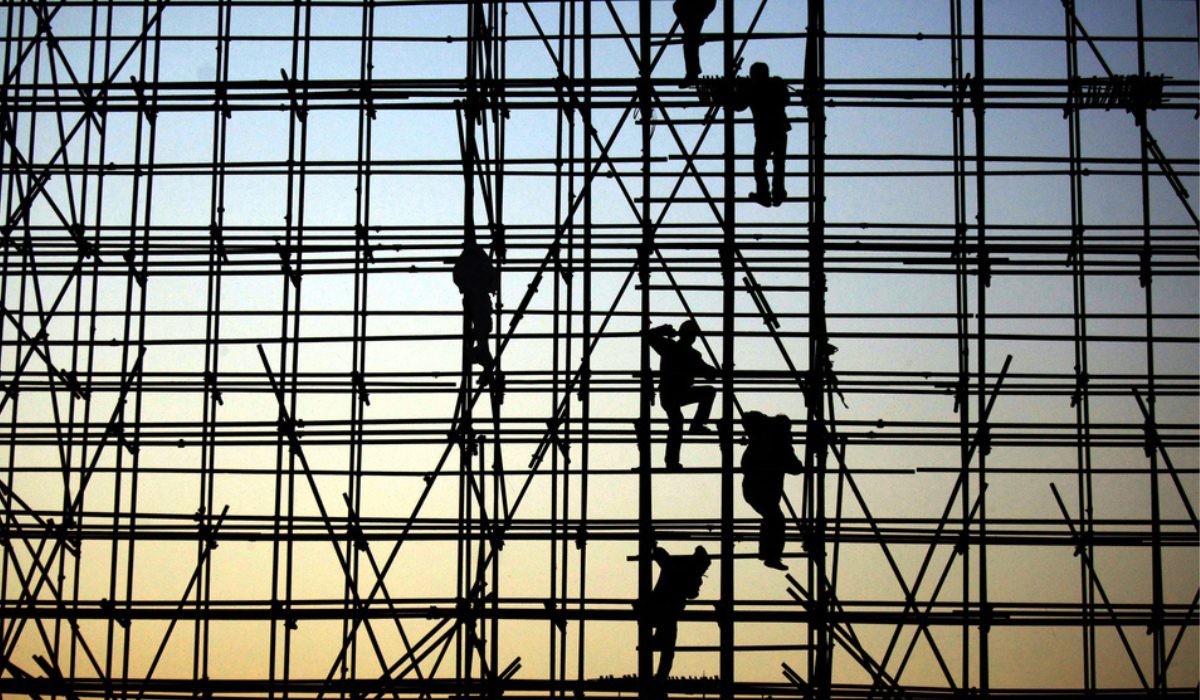des . 13, 2024 07:44 Back to list
Factories Specializing in Precast Concrete Formwork for Vertical Structures
The Evolution and Importance of Concrete Formwork in Column Construction
Concrete formwork is an essential aspect of modern construction, particularly in the creation of columns. As structural elements that bear loads and provide stability to buildings, columns play a pivotal role in architectural design and safety. Formwork refers to the molds used to hold wet concrete in place until it cures and hardens, allowing for the desired shape and structural integrity. With the continuous evolution of construction techniques, concrete formwork has become increasingly sophisticated, particularly in factories specializing in column construction.
Types of Concrete Formwork
There are several types of concrete formwork used in column construction, each with its unique advantages and suitability for different situations. Traditional timber formwork is cost-effective and easy to assemble, making it a popular choice for small projects. However, its limitations include susceptibility to warping and the labor-intensive process of preparation and assembly.
Steel formwork offers greater durability and can be reused numerous times, making it a favorable option for large-scale projects. Its intrinsic strength ensures sharper corners and a better finish, which is crucial in columns where aesthetic appeal is often as important as structural performance. Another innovative type is plastic formwork, which is lightweight and resistant to corrosion. Although primarily used for residential projects, its adaptability is increasingly being noticed in larger constructions.
The Role of Formwork Factories
Formwork factories are specialized manufacturing centers that design, produce, and supply formwork systems tailored to the construction industry’s needs. These factories employ advanced technology to create modular and customizable formwork, reducing assembly time and enhancing efficiency on construction sites. Utilizing machinery such as CNC (Computer Numerical Control) cutters allows for precision and accuracy, which plays a crucial role in ensuring the structural integrity of columns.
Moreover, contemporary formwork factories are focused on sustainability. Many are adopting practices that minimize waste and maximize reusability. With concrete being one of the most utilized construction materials globally, it is essential for the industry to consider environmental impacts. Factories are now producing formwork made from eco-friendly materials and utilizing processes that consume less energy. This shift towards sustainable practices not only benefits the environment but also improves a company’s market competitiveness.
concrete formwork columns factories

Benefits of Advanced Formwork Systems
The innovation surrounding concrete formwork systems has ushered in several benefits that directly impact the construction of columns. Foremost among these is time efficiency. Traditional methods often required extensive labor hours, which could extend project timelines. Modern formwork, especially modular systems, can be quickly assembled and dismantled, significantly speeding up the construction process.
Additionally, advanced formwork systems often come with built-in safety features. This is particularly important in column construction, where workers are frequently exposed to heights and heavy materials. By standardizing formwork components and enhancing their structural integrity, accidents on sites have been notably reduced. A safer work environment not only protects workers but also minimizes delays caused by injuries or safety violations.
Future Trends
The future of concrete formwork in column construction is poised to evolve further, driven by ongoing technological advancements. The integration of smart technologies, such as sensors and IoT (Internet of Things), into formwork systems is beginning to emerge. These smart formworks can monitor the curing process, manage moisture levels, and provide real-time feedback, allowing for more precise control over the construction process.
Moreover, the trend towards industrialization in construction, known as off-site construction or modular building, will increasingly influence formwork design. Prefabricated columns can be manufactured in controlled environments and then assembled on-site, dramatically reducing construction time and improving quality.
Conclusion
In conclusion, the advancements in concrete formwork systems have transformed the nature of column construction, enhancing efficiency, safety, and sustainability. As formwork factories continue to innovate and adapt to the demands of modern construction, their role will become even more critical in shaping the skylines of tomorrow. The continuous evolution of formwork technology, combined with a focus on environmental responsibility, positions the concrete industry for a promising future. The alignment of formwork practices with architectural demands will not only redefine aesthetics in architecture but also fortify the safety and reliability of our built environments.
-
Ringlock Scaffolding: Strong, Safe & Efficient Solutions
NewsAug.27,2025
-
OEM Column Formwork: Circular, Curved & Inclined Solutions
NewsAug.26,2025
-
Premium Scaffolding Jacks: Stable, Adjustable & Durable
NewsAug.25,2025
-
OEM Wall Formwork & Shuttering: Flexible & Curved Solutions
NewsAug.24,2025
-
Adjustable Heavy Duty Props for Slab Formwork | Strong & Reliable Support
NewsAug.23,2025
-
Adjustable Heavy Duty Props for Slab Formwork - Strong & Safe Support
NewsAug.22,2025